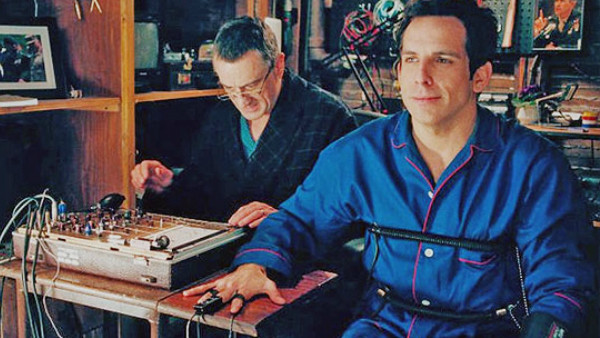9 Scientific Ways To Tell When Someone Is Lying
7.Use Some Technology

We all know by now that polygraph lie detectors are pretty unreliable.
They work by monitoring, amongst other things, a person's heart rate, blood pressure, respiration and skin conductivity (i.e. how much they sweat) in order to detect their stress levels. The idea is that a person will be more under stress when they're lying than when they're telling the truth.
They have a drawback, however, in that the readings are all relative to some baseline "control" readings taken in response to truthful questions (such as your name or date of birth), making them easy to fool.Although it's difficult to suppress the autonomic reactions when telling a lie, it is possible to fake them when telling the truth. This will mean that if you try to actively produce a stress response when answering the truthful questions, they will match the lies and you'll get off scot free.
For this reason polygraph test results are not admissible in a court of law.
Your perjury days may still soon be over as scientists are working on a much more reliable MRI lie detector. Certain parts of the brain, including key parts of the frontal, temporal and limbic lobes, light up when a person is lying. Because lying is such a complicated thing to do, as opposed to truthful recall, these results are much more difficult to skew or fake.
It is, however, a little impractical and costly to fire up an fMri machine every time you suspect your kid might have been smoking in the park. Luckily, there are a few ways of sniffing out liars that don't involve millions of dollars worth of medical equipment.